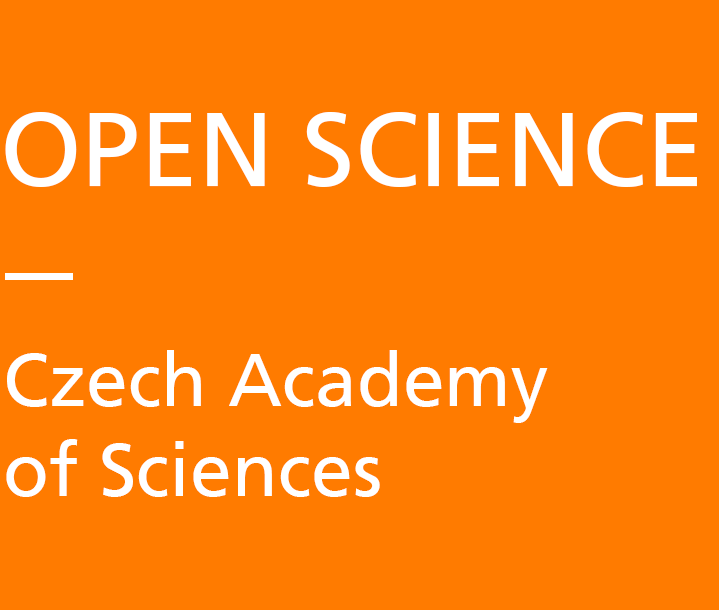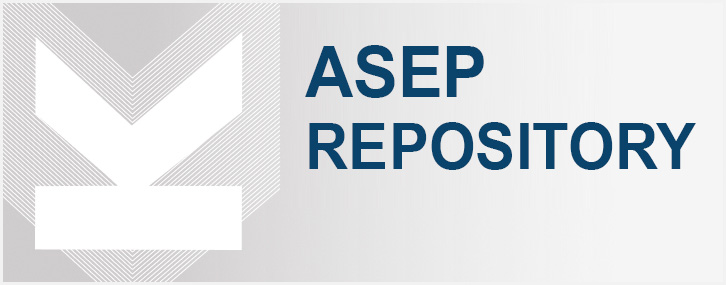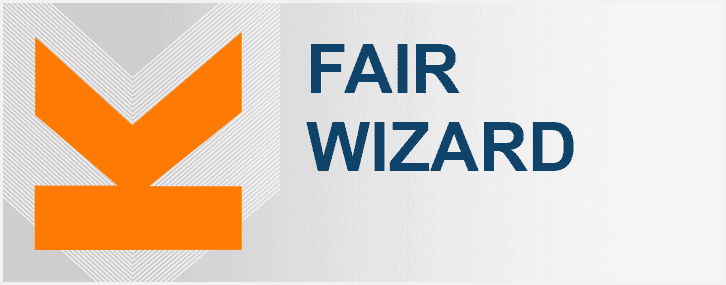
- This event has passed.
Webinar: Rethinking AI Regulation
The European debate on AI regulation has recently focused primarily on using copyright law as a tool to restrict the training of AI models. An upcoming online webinar titled “Wrong Question, Wrong Answer? Time to Rescope the Debate on AI Regulation”, organised by Knowledge Rights 21, will open this narrow perspective up for consideration. The event will take place on July 17, 2025, at 15:00 CEST and will explore why such a limited approach may lead to ineffective solutions, overlooking broader impacts on science, research, and societal development.
Current discussions centre on the effects of generative AI on the entertainment industry while largely ignoring the fact that this is only a small part of the wider field of AI applications. As a result, proposed measures may have unintended side effects on areas where AI is used legitimately and for public benefit – such as scientific research that processes large datasets or trains models using open information sources.
Potential regulatory changes could also significantly affect Europe’s efforts to advance open science, which is built on principles of data sharing, knowledge reuse, and free access to information. As an approach that relies on access to high-quality data and its lawful use, open science is particularly sensitive to the legal and technical conditions surrounding data availability. This webinar can thus contribute to a broader discussion on how to shape AI regulation in a way that supports the public interest, strengthens research, and fosters the long-term sustainability and competitiveness of European society.
Knowledge Rights 21 (KR21) is a European initiative advocating for changes in legislation and practice to strengthen the right of everyone to access and use knowledge in support of research, education, and the public good. This is essential for innovation, learning, and cultural participation in today’s digital society, where access to quality information and knowledge is a key resource for growth and prosperity.
KR21 calls for a modern legal framework that reflects the realities of today’s research and education systems. It emphasises that legal barriers – such as those found in copyright law – can hinder the use of data and information even in contexts where they would clearly serve the public interest. This is a crucial consideration for open science, which depends on clear and accessible rules for working with information.
More information and registration details are available here.
Last updated on July 10, 2025


